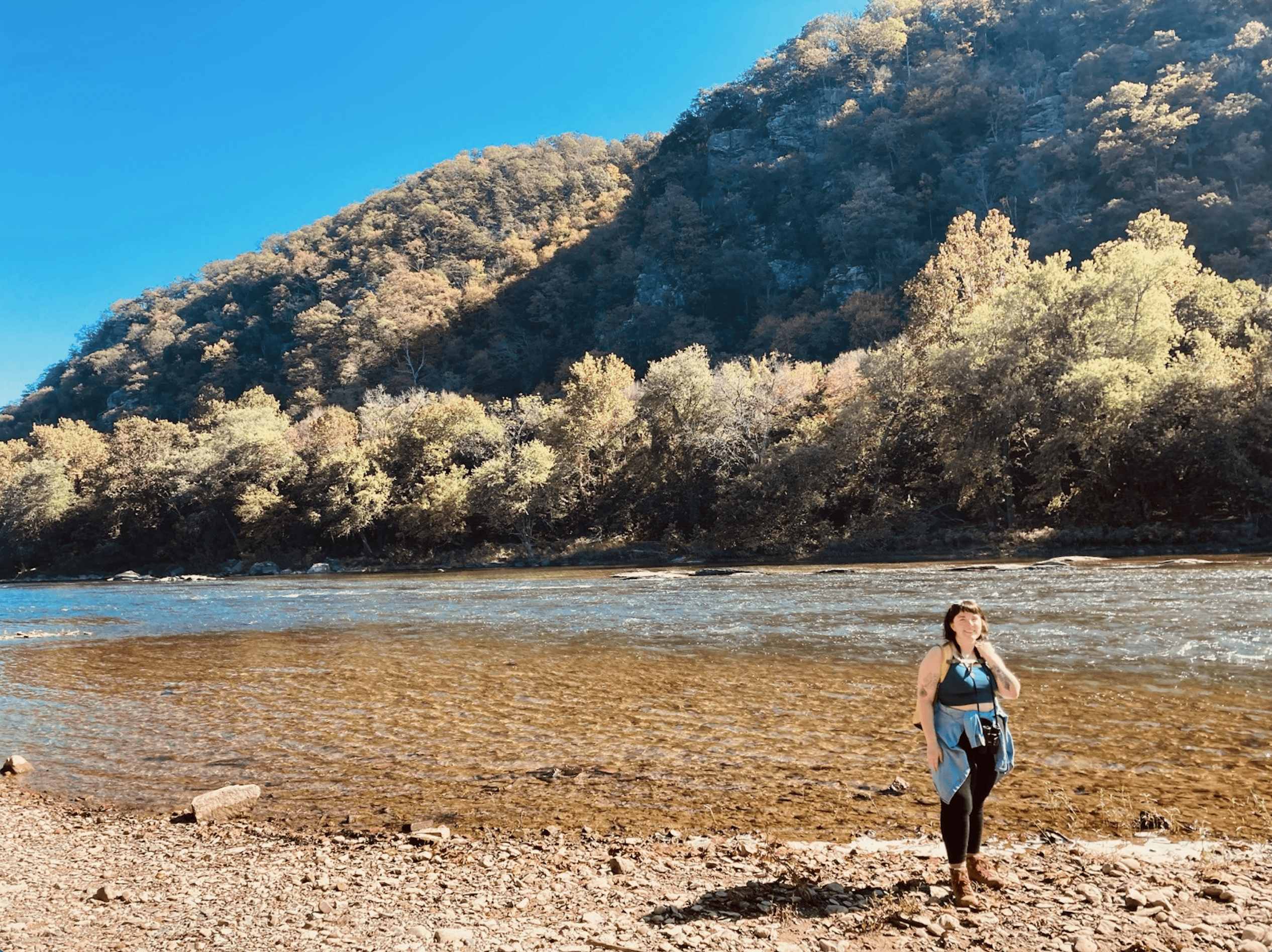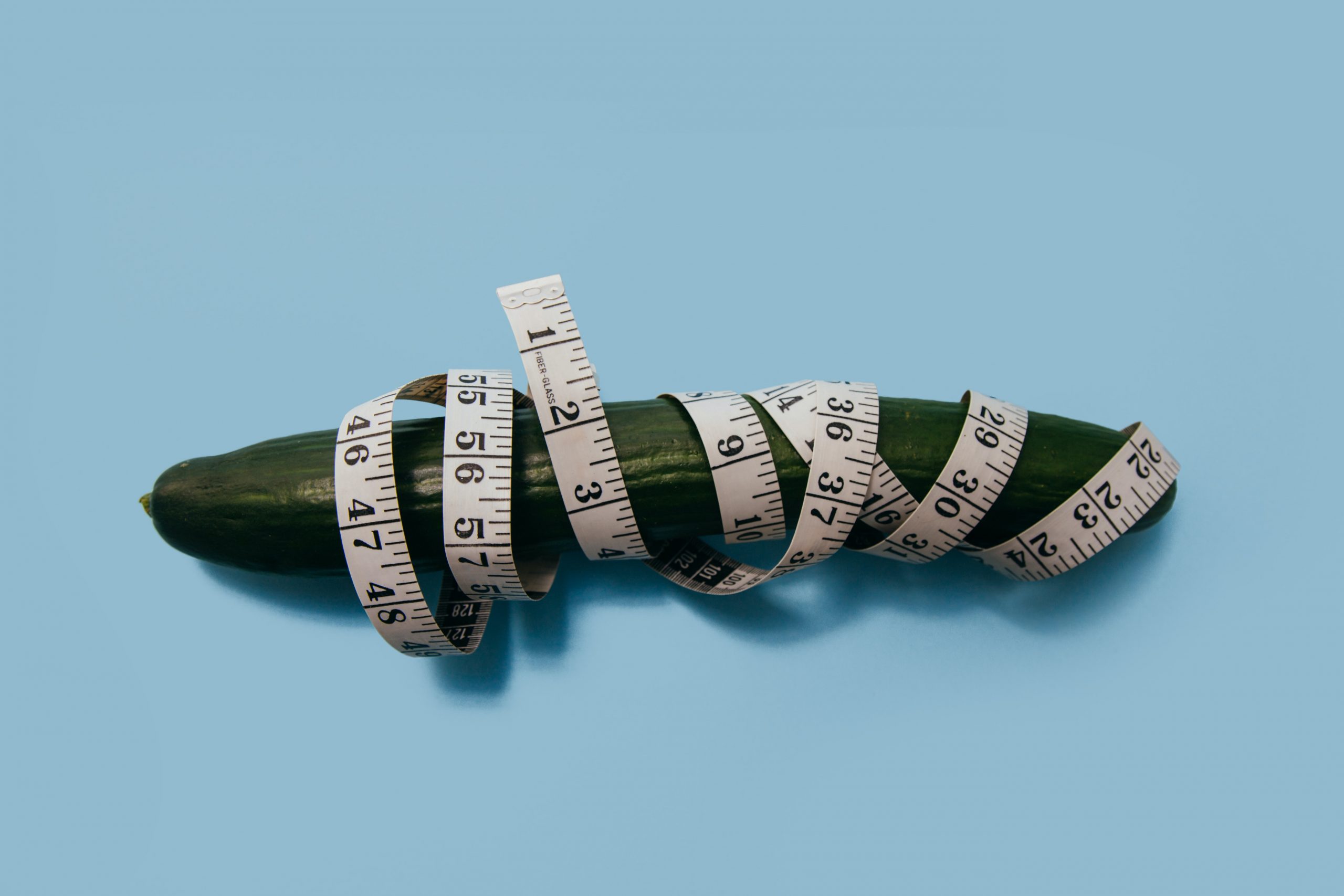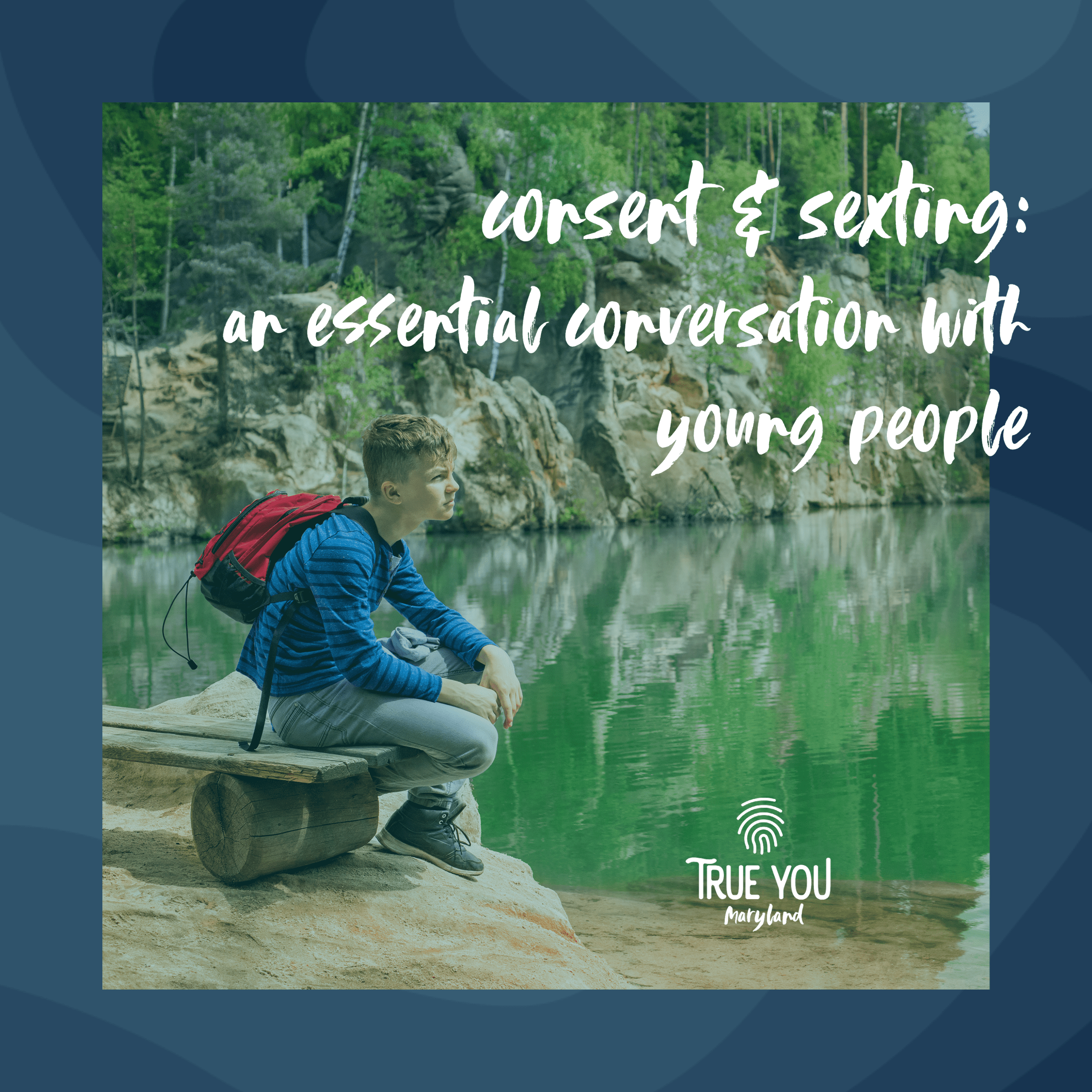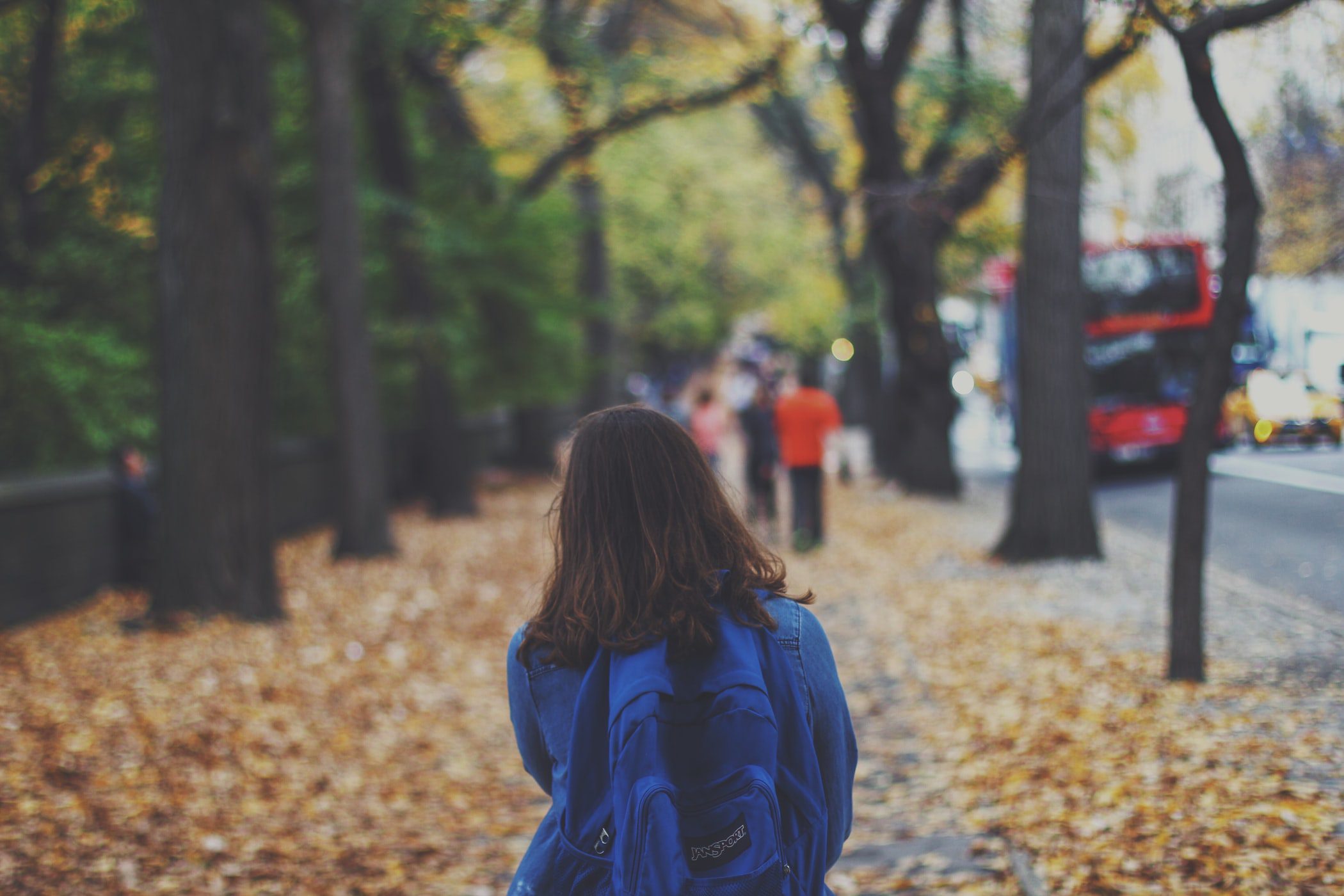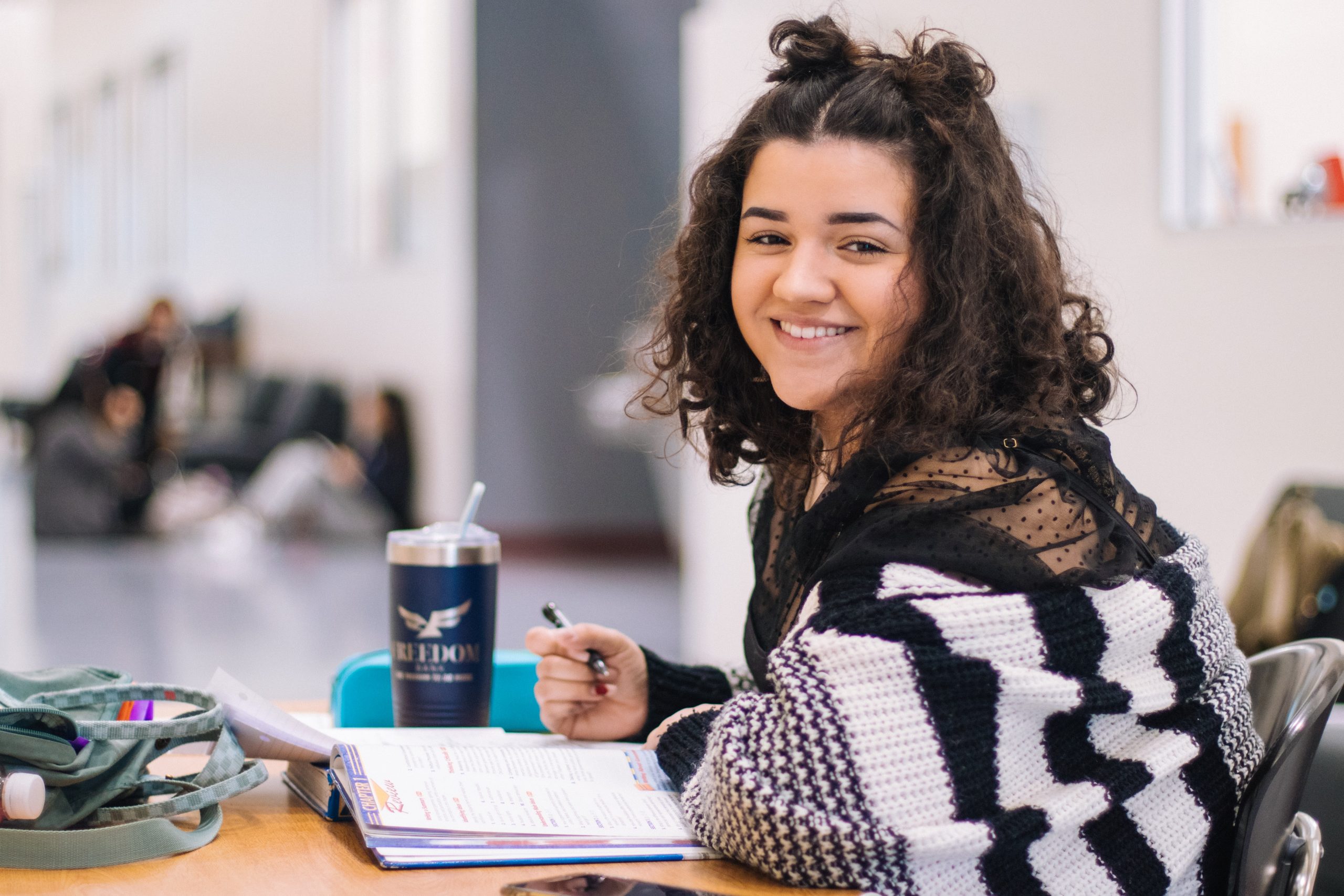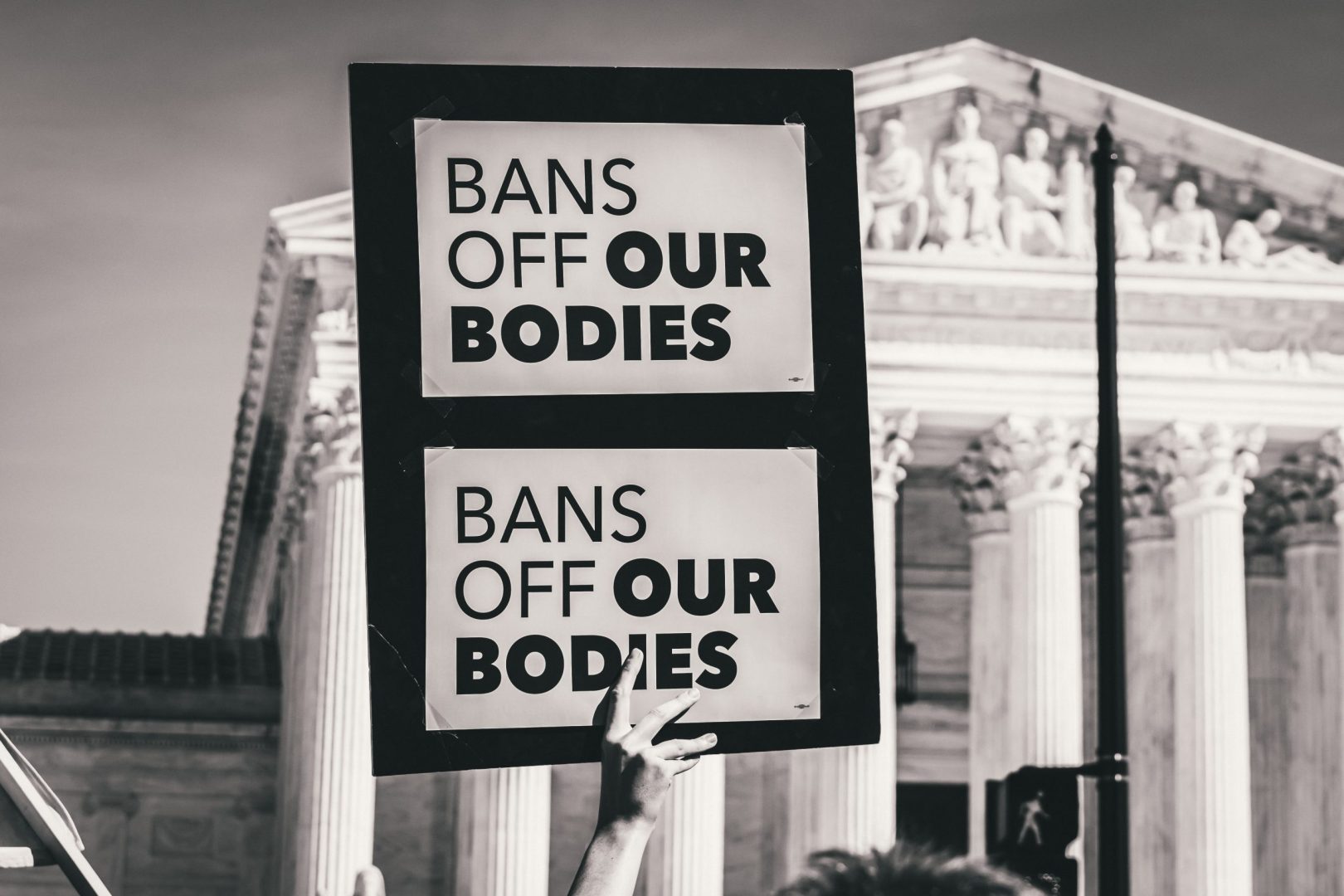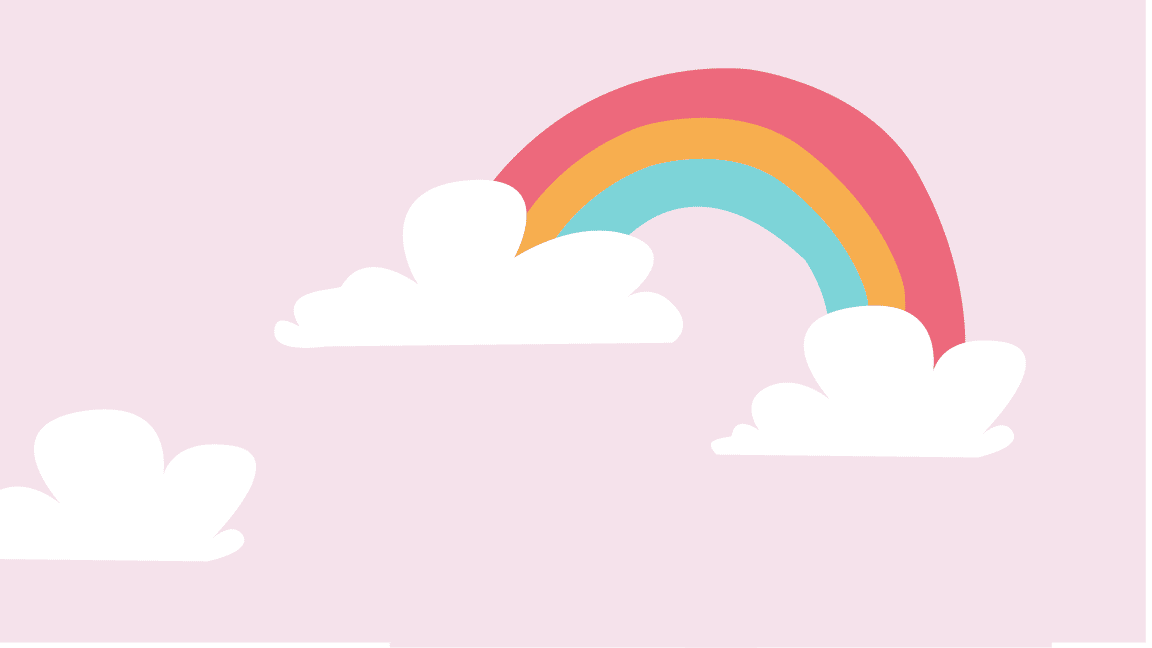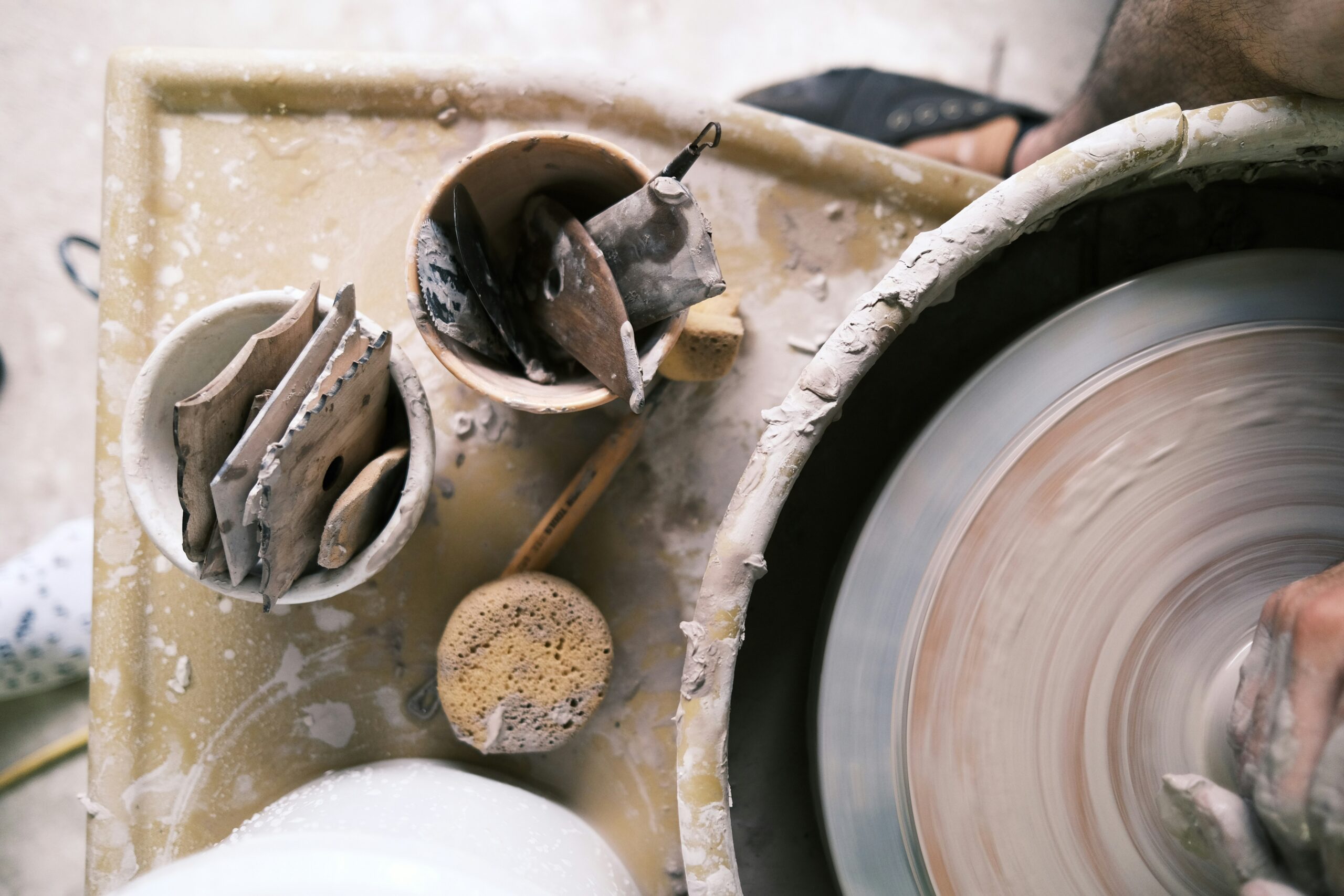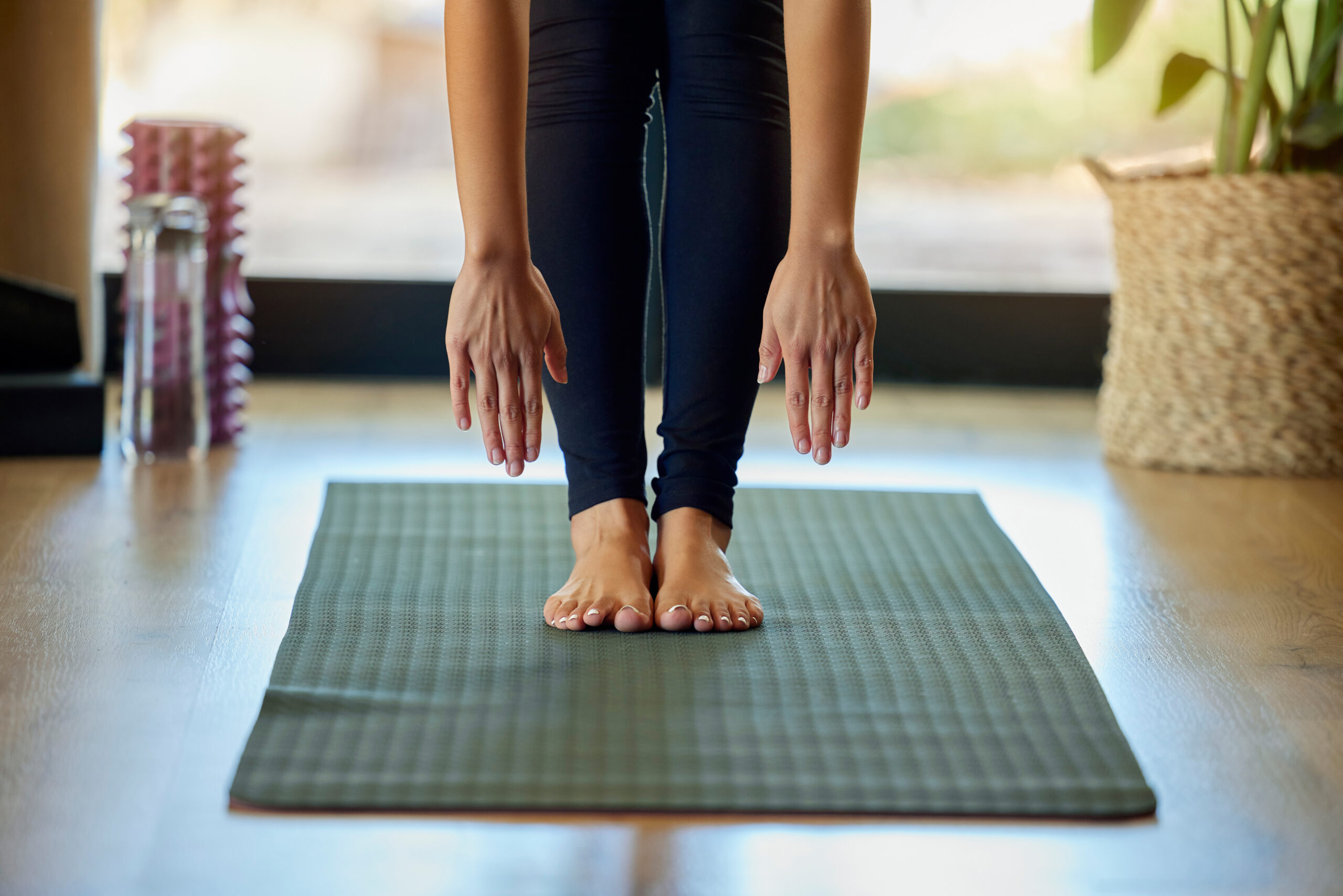This Sexual Assault Awareness Month, let’s emphasize survivors’ right to joy and pleasure after sexual trauma.

By Mariah Cowsert
April 15, 2022
I remember learning about it during welcome week at my tiny liberal arts college in the form of cheesy skits about preventing sexual assault on campus. My mom also gave me a whole spiel about safety at school but when it came down to it—I didn’t know my rights or what to do when I was sexually assaulted during my sophomore year of college.
According to a new study, bisexual women (like myself) are more likely than heterosexual women to be sexually assaulted during their college years.
The research published in the journal, Violence and Gender shows that nearly 2 in every 5 bisexual female college students will be sexually assaulted by the time they complete four years in school. That’s more than the 1 in 4 heterosexual women, and the 1 in 4 gay and bisexual men who are likely to experience the same.
And while it’s discouraging to learn about statistics like the one above, it also shows that more work needs to be done to protect LGBTQ+ students on campus. Because trauma can impact not only our mental and emotional well-being, it can also affect our sexual lives and how we experience pleasure. But luckily, it doesn’t always have to be that way.
So, let’s dive deeper into how comprehensive sex ed can be used as a tool for sexual assault prevention and what it means to reclaim your sexuality after trauma.
How can comprehensive sex ed help prevent sexual assault?
Young people don’t know what we don’t teach them. And if we don’t give them all of the tools they need to feel confident making decisions about their own body and relationships—then we’re doing them a serious disservice.
Young people don’t know what we don’t teach them. And if we don’t give them all of the tools they need to feel confident making decisions about their own body and relationships—then we’re doing them a serious disservice.
This includes equipping youth with information about their rights, how to talk to their partner(s) about STI status, the ins and outs of consent (both digital and IRL), what healthy relationships look like, and so much more.
It took me two years of to realize what happened to me was rape and that despite what I used to think—it was not my fault. Now, I whole-heartedly believe that if I had comprehensive sex education growing up, or even knew where to look online to find information on sexual health information as a young adult, I would have realized it sooner.
The power of moving through trauma to tap into pleasure
It wasn’t until one of my best friends gifted me my first ever sex toy (a hot pink bullet vibrator from a store in the mall) for my 21st birthday that I was able to tap into pleasure and start my healing process.
At first, I was so nervous to even use it that I kept it in the sock drawer of my dresser—scared that even trying to experience pleasure would unleash a floodgate of pent-up emotions stemming from my sexual trauma. But that one little vibrator helped me take ownership of my body and experience sexual joy before I was ready to get intimate with another person.
It’s important that we celebrate the strength it takes to reclaim our bodies after trauma.
Spectrum Journal has incredible articles (and videos!) to support anyone on their journey to sensual self-discovery after trauma with topics including Untelling the Myth of Virginity, Talking Pleasure Activivism with arienne marie brown, and much more.
Resources to share with young people in your life
Not sure where to start with sharing inclusive information about sexual assault, consent, and pleasure with the young people in your life? We’ve got you covered!
About Sexual Assault Awareness Month
Want to share more information about Sexual Assault Awareness Month with the young people in your life? Check out this toolkit from the National Sexual Violence Resource Center! This year’s #SAAM focus is about building safe online spaces together and NSVRS shares that, “Building Safe Online Spaces Together is possible when we practice digital consent, intervene when we see harmful content and behaviors, and promote online communities that value respect, inclusion, and safety.”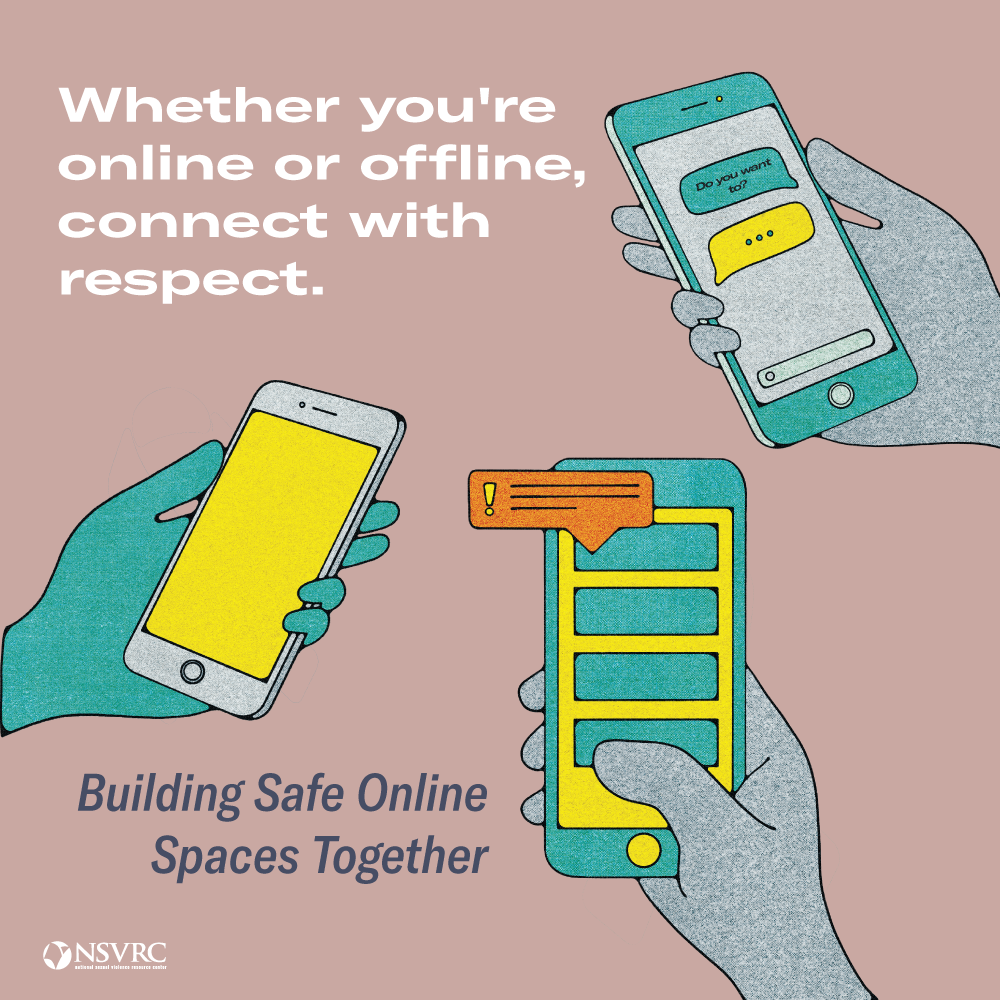 PHOTO CREDIT: National Sexual Violence Resource Center
Get the Toolkit
And while I just scratched the surface of tools that you can arm yourself with, simply being someone that a young person can turn to in a vulnerable moment is just as powerful as sharing information with them. Because you never know when someone just needs a trusted adult, or peer, to believe their experience—I know it helped me.
PHOTO CREDIT: Joshua Kling
PHOTO CREDIT: National Sexual Violence Resource Center
Get the Toolkit
And while I just scratched the surface of tools that you can arm yourself with, simply being someone that a young person can turn to in a vulnerable moment is just as powerful as sharing information with them. Because you never know when someone just needs a trusted adult, or peer, to believe their experience—I know it helped me.
PHOTO CREDIT: Joshua Kling
Mariah brings an artistic lens to nonprofit communications in her role as Digital Content Creator. With the bulk of her experience working in social services and at affordable housing organizations—she has a passion for diving deeper into (and helping bridge the gap between) health care and housing. In her free time, Mariah can be found tending to her growing jungle of houseplants, making collage and textile art, reading Mary Oliver poems in nature, and experimenting with new vegetarian recipes. Read more about Mariah.

